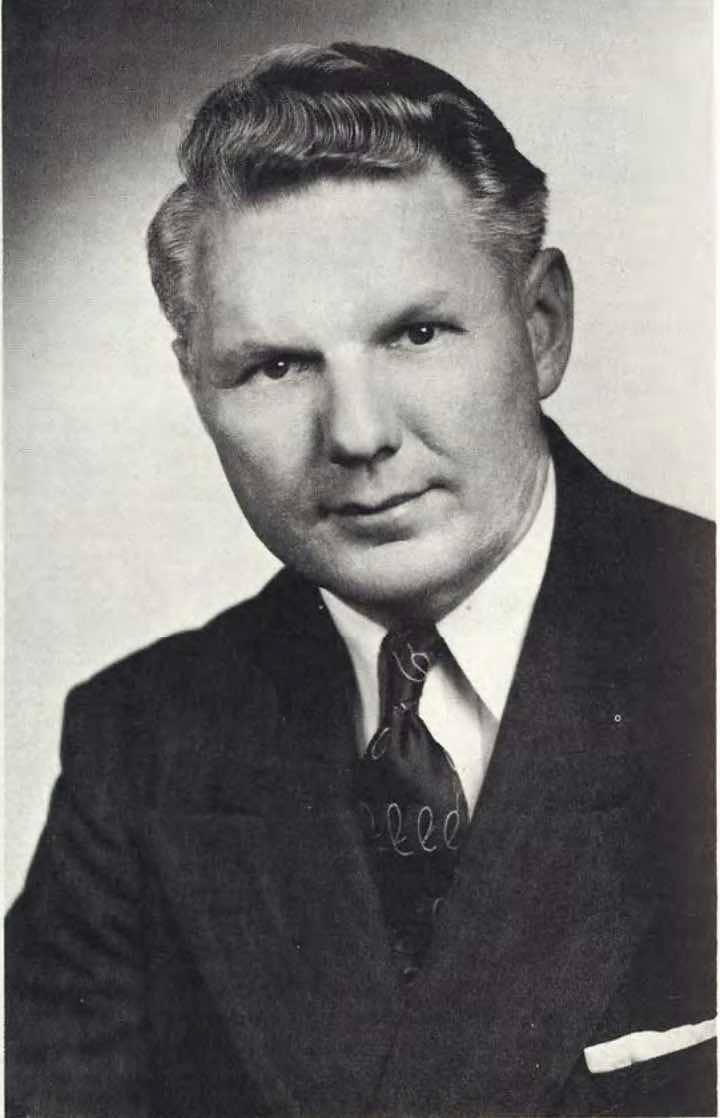Christian Opposition to Prayer in Public Schools
Revisiting the debate sixty years later, via a former Bethel professor
Sixty years ago last week, the U.S. Supreme Court voted 8-1 in support of Edward Schempp, a father from Abington Township, Pennsylvania who didn’t want his children’s public school to start its day with Bible readings. That decision came one year the court agreed (6-11) with another father, Steven Engel, that it was unconstitutional for schools like the one his children attended in New York to open with a morning prayer.
Writing for the majority in Abington School District v. Schempp, Justice Tom Clark argued that both religious clauses in the First Amendment required the state to remain neutral in religious matters, a neutrality that
stems from a recognition of the teachings of history that powerful sects or groups might bring about a fusion of governmental and religious functions or a concert or dependency of one upon the other to the end that official support of the State or Federal Government would be placed behind the tenets of one or of all orthodoxies. This the Establishment Clause prohibits. And a further reason for neutrality is found in the Free Exercise Clause, which recognizes the value of religious training, teaching and observance and, more particularly, the right of every person to freely choose his own course with reference thereto, free of any compulsion from the state….
The breach of neutrality that is today a trickling stream may all too soon become a raging torrent and, in the words of Madison, “it is proper to take alarm at the first experiment on our liberties.”
The relationship between church and state is complicated, and I’m not sure that Clark’s “neutrality” requires an impenetrable “wall of separation,” even in the realm of education.2 But you don’t have to be a Unitarian Universalist like Edward Schempp or a Jew like Steven Engel — let alone an atheist like Madalyn Murray O’Hair, whose lawsuit against Baltimore public school was consolidated with the Schempp case — to see harm to any governmental establishment of Christianity.
So at a time when Republican politicians from Tom Clark’s home state of Texas are trying (without success, so far) to bring prayer and the Ten Commandments back into public schools, I thought it would be worth reintroducing readers to the theologically conservative Baptist who was one of the leading public voices in support of the Supreme Court’s decisions in 1962-1963. Named C. Emanuel Carlson, he also happens to have been one of the most important people in the history of my Christian university.
Keep reading with a 7-day free trial
Subscribe to The Pietist Schoolman to keep reading this post and get 7 days of free access to the full post archives.




